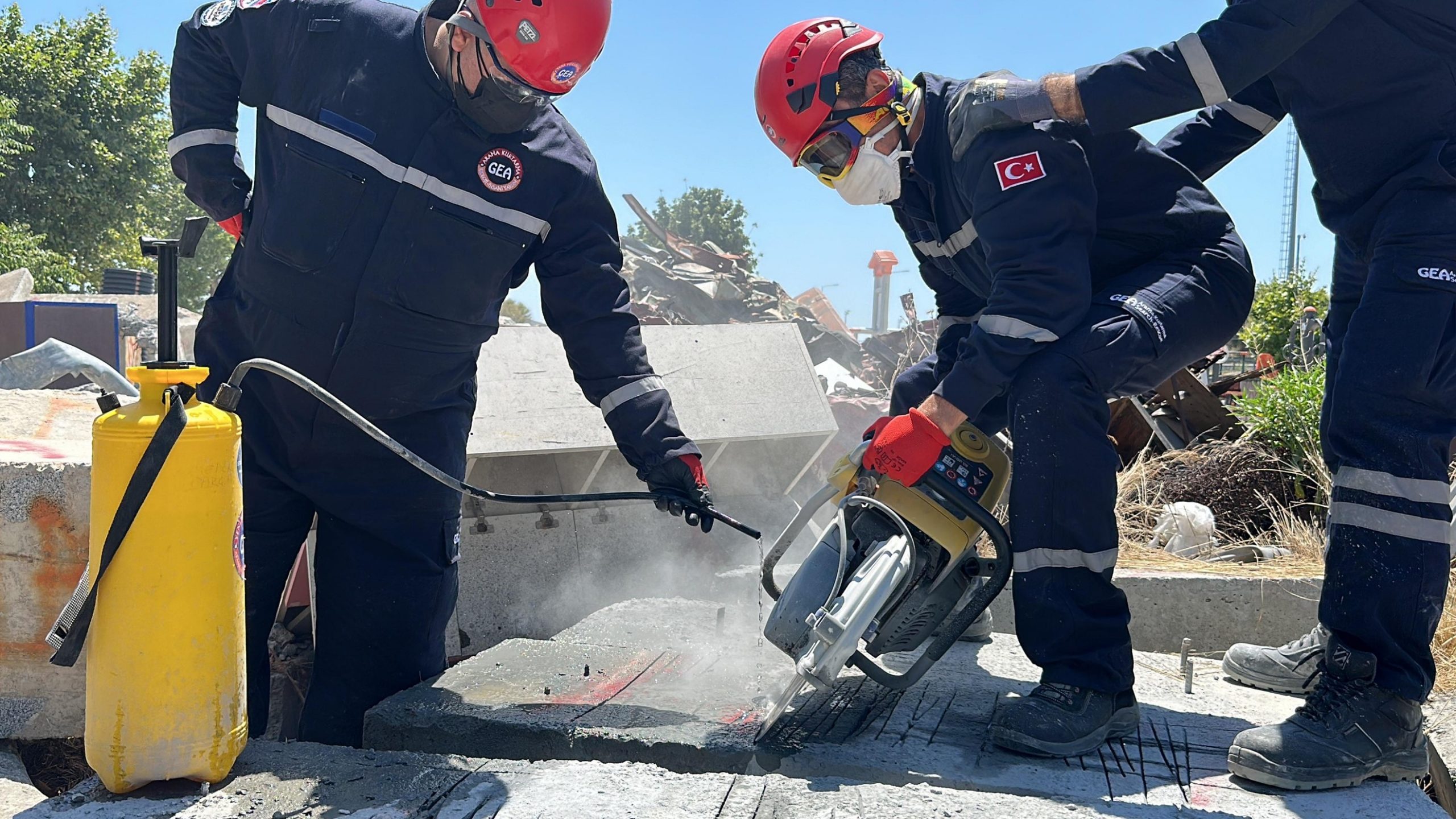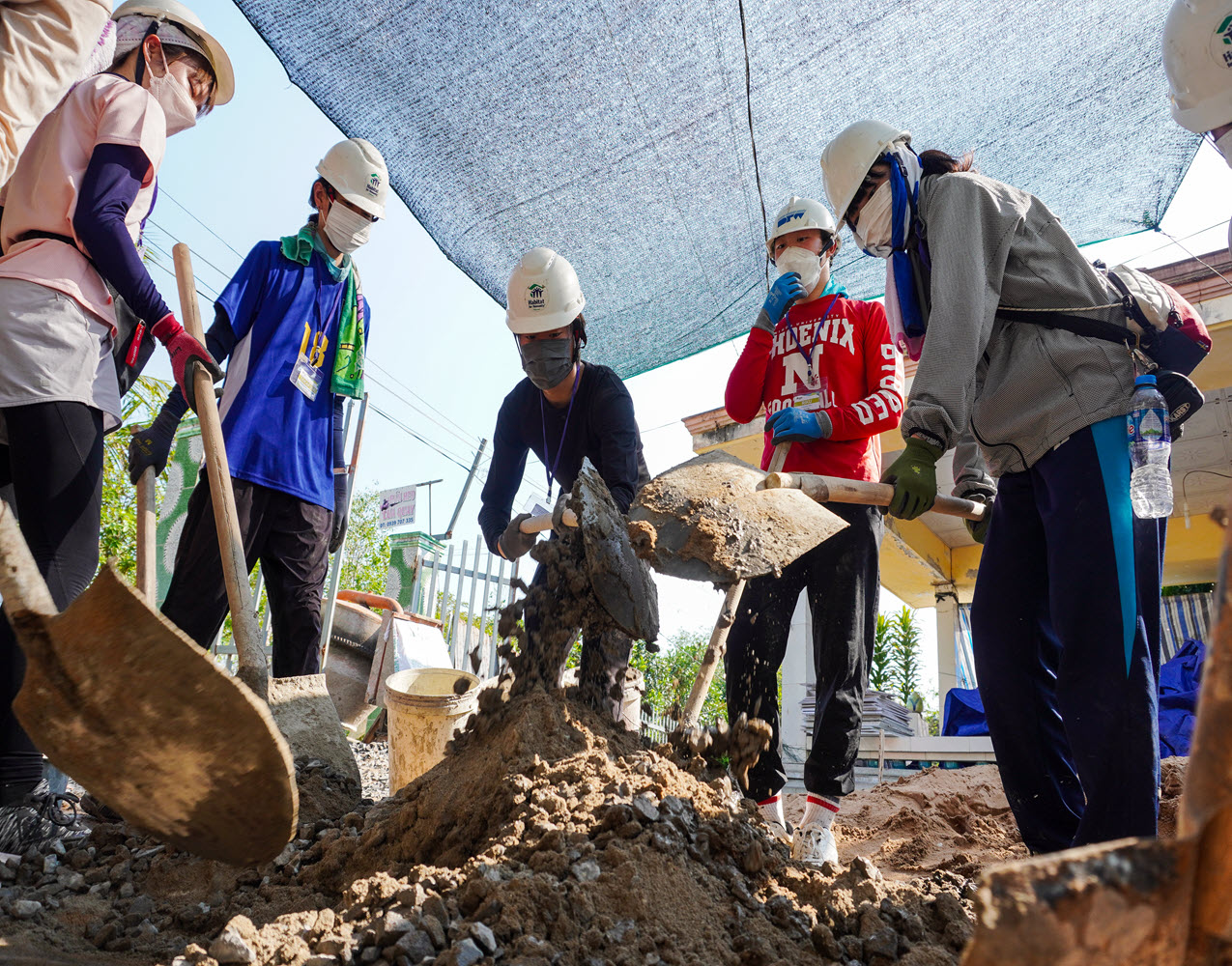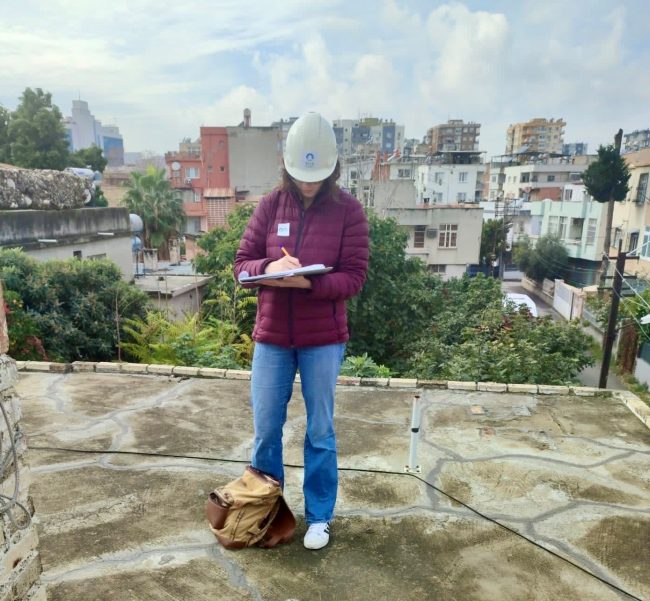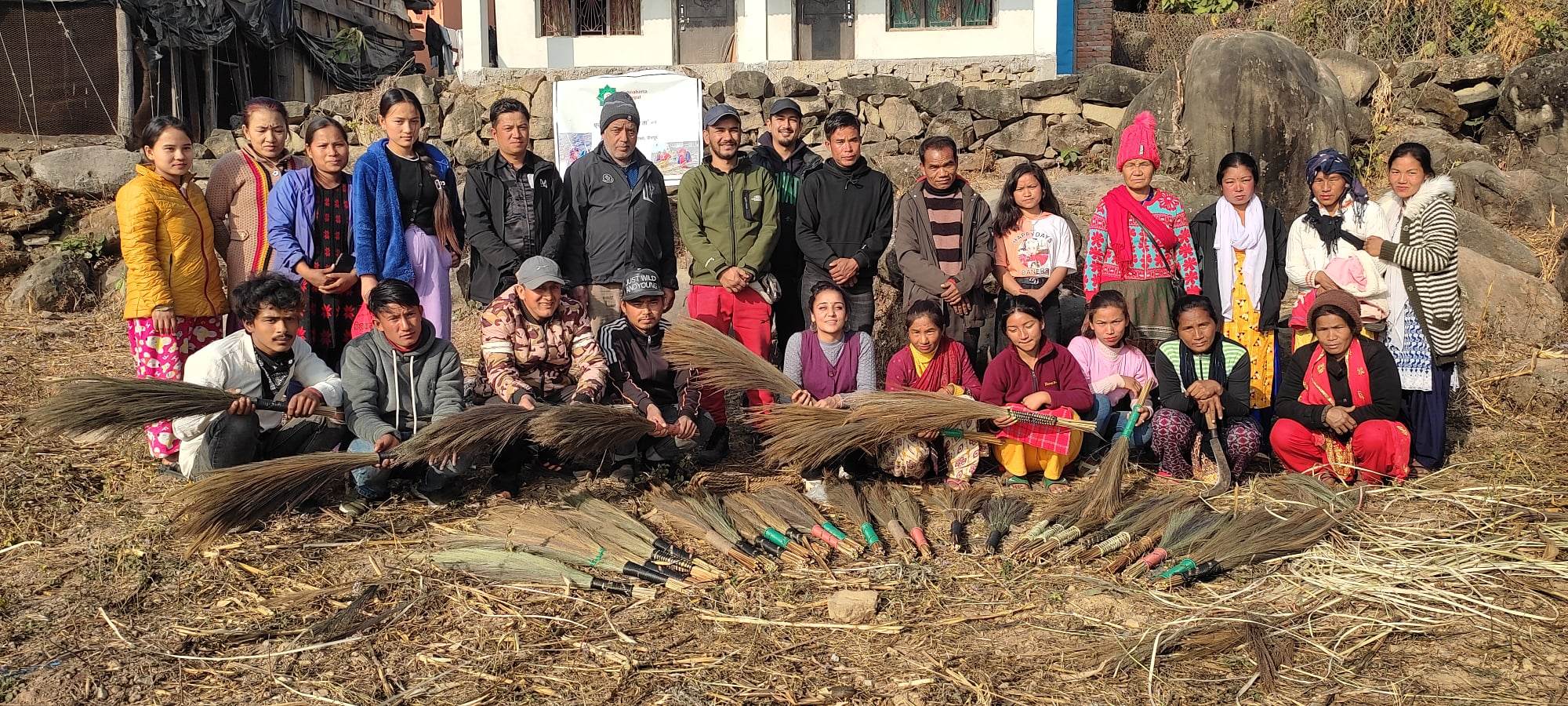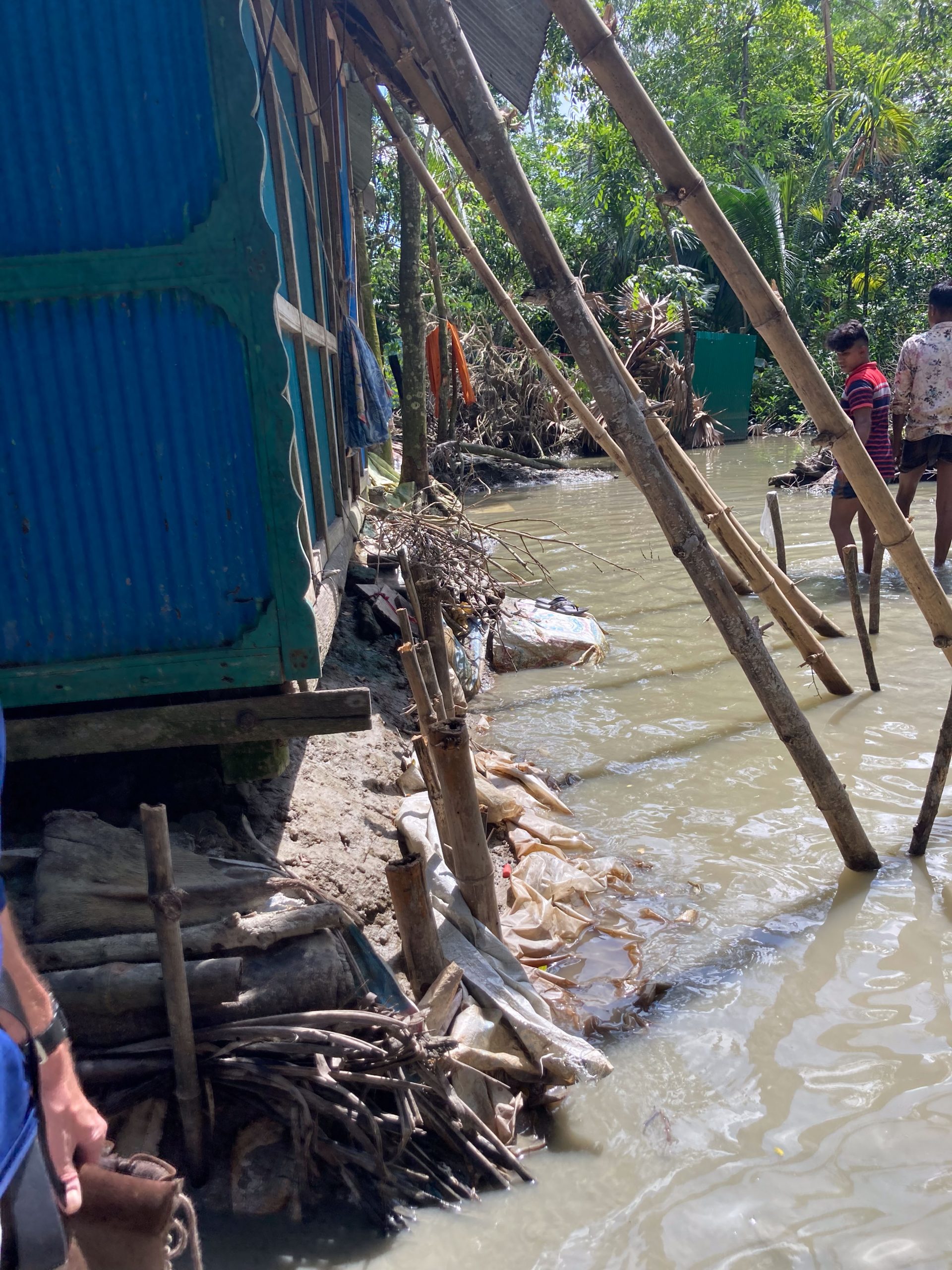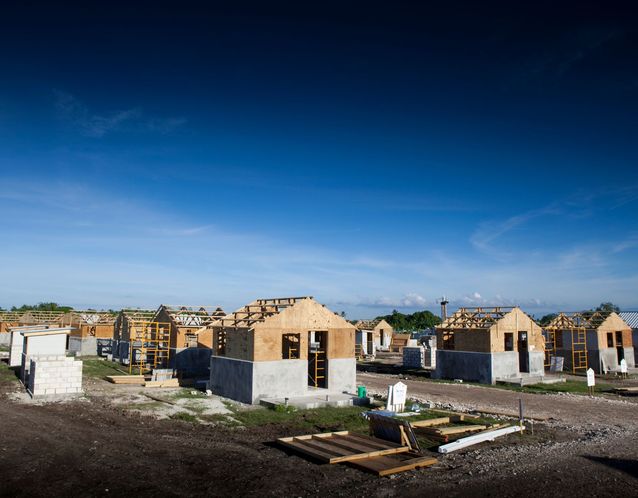
Since its foundation in 1976, Habitat for Humanity International (HFHI) has built, rehabilitated, repaired or improved more than 800,000 homes worldwide. Much of this has been achieved through its network of locally based National Organizations (NOs), which are best placed to first respond in times of crisis.
Recognizing that its overall effectiveness is highly dependent on the capabilities of these front-line National Organizations, HFHI has invested heavily in developing their capacities over the years.
This is necessary to ensure NOs have relevant and up-to-date disaster management skills, and understand the complexities of humanitarian response situations.
To achieve this, HFHI established a Disaster Risk Reduction and Response (DR3) department in 1998. Its mission has been to develop innovative housing and shelter assistance models that result in sustainable interventions for communities affected by disasters or conflicts.
Since that time, its initiatives have contributed technical expertise, home building and sustainable shelter construction to more than 200,000 families in 44 countries.
Building on this, the JTI Foundation is co-funding Habitat for Humanity International’s Center for Disaster Resilience, for the three years 2015 to 2017 inclusive.
The Center will facilitate enhanced knowledge management and information sharing across Habitat for Humanity International, and deliver the project’s overall objective of increasing the engagement and empowerment of the leadership of its key NOs.
Specifically, the Center will equip an estimated 415 personnel with the latest industry standards – and with operating procedures, guides, technical documents and tools that have been proven to deliver results in the field.
Strategic learning opportunities will be created through on-line, virtual and face-to-face training and resource sharing platforms.
The initiatives will focus on some of the world’s most disaster prone countries – 20 of these have been identified for intensive strategic capacity building at the National Organization level.
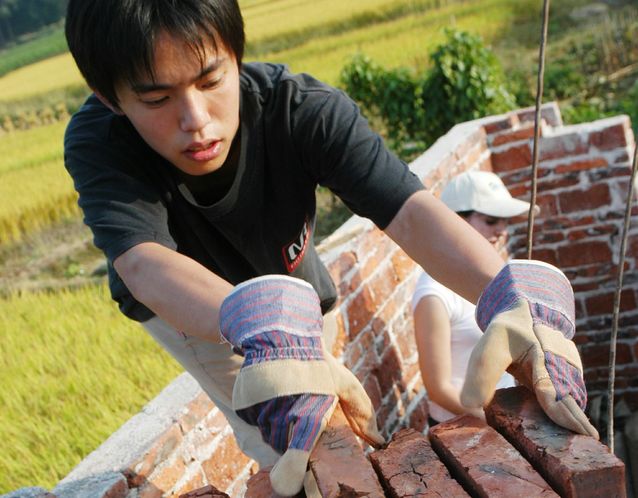
OVER 20 YEARS OF INVESTMENT IN DISASTER MANAGEMENT INITIATIVES
Countries where we have supported our partners’ work in response to a growing range of threats to life and livelihood
Million USD invested since 2001 to help communities better prepare for – and recover from – natural and man-made disasters
Projects addressing a broad range of challenges, including mine-clearance, emergency shelter, resilient housing solutions and capacity building


